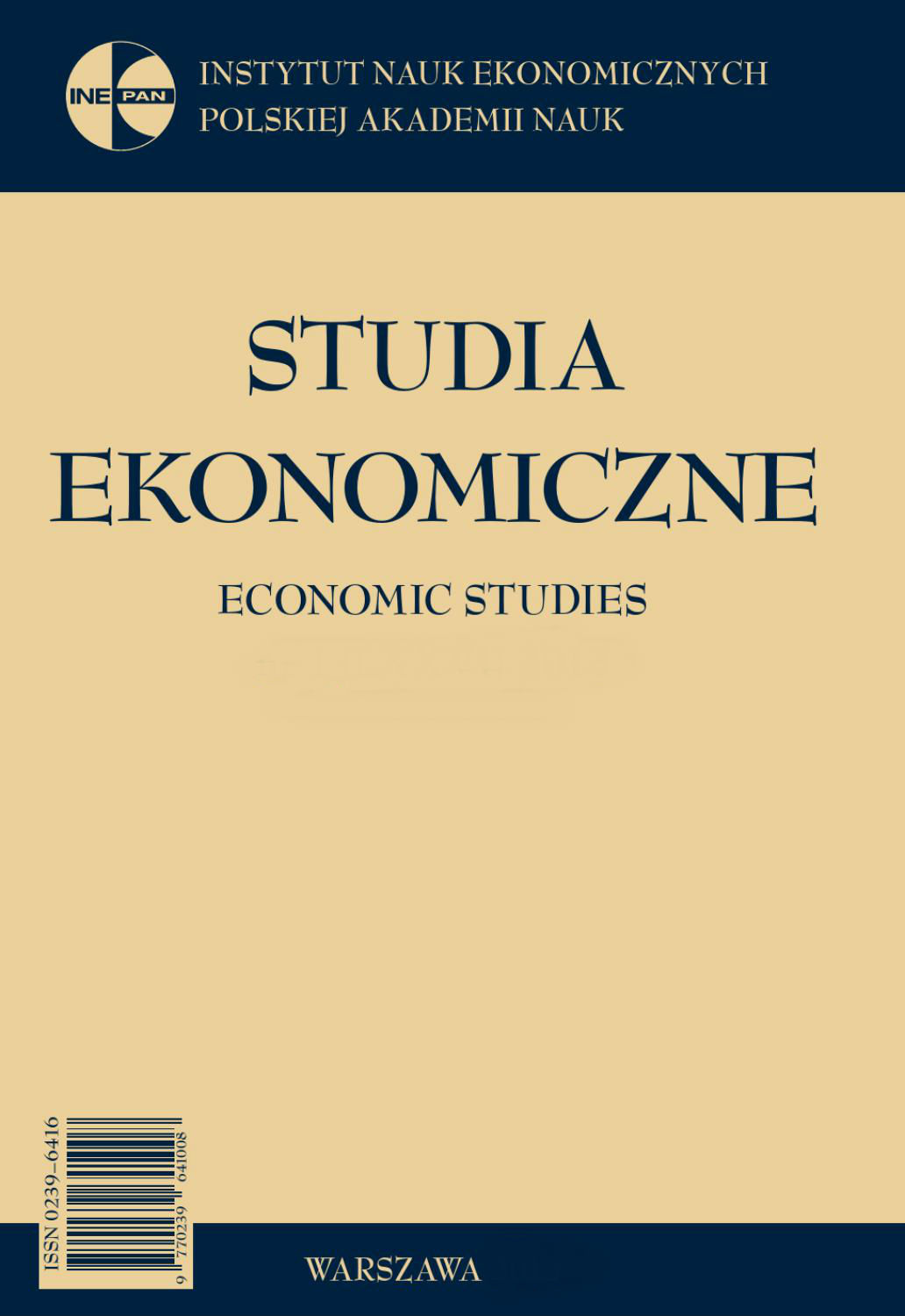Destrukcyjne siły ładu światowego
Destructive forces of the world order
Author(s): Jerzy KleerSubject(s): Economy
Published by: Instytut Nauk Ekonomicznych Polskiej Akademii Nauk
Keywords: globalisation; world order; destruction; information revolution; public space
Summary/Abstract: The aim of the article is to present the main forces and mechanisms which led to the destruction of the world order. The destruction of the world order is manifested in the disruption of its balance. The author defines the world balance as a situation where relative balance is observed in a number of areas, the basic ones being the economic and the political sphere. The globally introduced neoliberal model of the free market, especially some of its regulations, is responsible for the imbalance in the economic sector. The economic growth connected to this model popularised the philosophy of success exemplified in quantitative categories: the GDP growth rate, the rate of profit, the level of personal income. A consequence of this process is a great income disparity on both the world and the national levels. Another constituent of the destruction is the empowerment of the financial and banking sectors, the effect of which is a huge growth of the virtual economy in comparison to the real economy. The market economy can develop in many, often completely different or even opposing political systems. It was believed that globalisation will yield the dissemination of the democratic system as a political superstructure, as it has been observed in the developed countries. It has not happened as yet, since we have a variety of different solutions from direct democracy to authoritarianism or dictatorship. Also the traditional democratic systems suffer from a significant erosion and evolve into bureaucratic democracies. These processes have led to the destruction of public space both locally and globally. The destruction of the public space, on the other hand, negatively influences the world order especially that the most politically and economically powerful countries are not much interested in creating a relatively balanced world order. The theoretical concept which gives a potential chance to shape the world order is the theory of global public goods.
Journal: Studia Ekonomiczne
- Issue Year: 2014
- Issue No: 4
- Page Range: 516-534
- Page Count: 19

